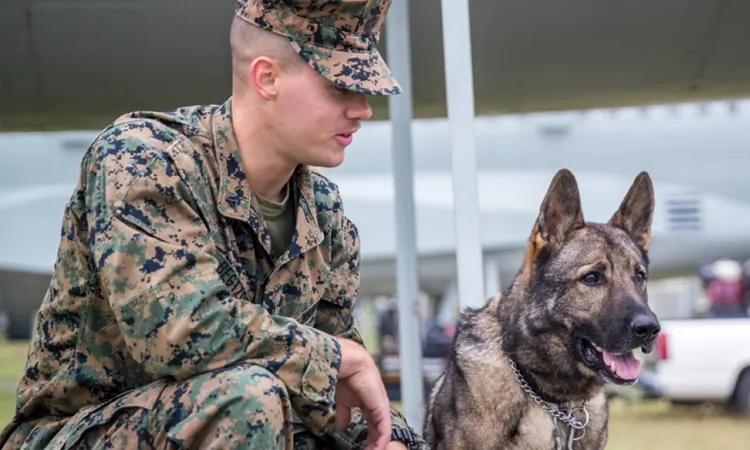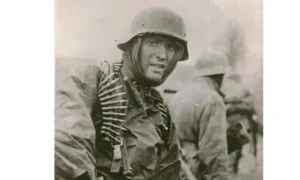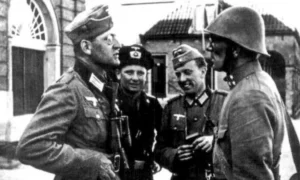Well! Being a veteran is not that easy. It means you experienced lots of sad and happy things. Transitioning from military service to civilian life is a whole new experience. It could be a challenge or a relief, depending on your personality. But what makes life hard for the veteran? How do they deal with them and overcome those hard days? Let’s break it down.
| Challenge | Description |
|---|---|
| Transitioning to Civilian Life | Veterans must adapt from a highly structured military life to an unstructured civilian world, often starting from zero. |
| Mental & Physical Health | Many vets experience PTSD, anxiety, or physical injuries. Support systems like the VA provide critical care and therapy. |
| Finding Purpose Again | After service, veterans often struggle to find direction. Entrepreneurship and community service help many rediscover meaning. |
| The Positives of Being a Vet | Discipline, resilience, lifelong bonds, and access to benefits like education and healthcare give vets powerful tools to rebuild life. |
The transition to civilian life: a whole new world
Imagine that you had a life with many rules for every step in it. A structured life, following a clear routine. Suddenly, everything changed. Now everything is on you. You’re in charge of everything and you should make your own rules.
You should do your daily tasks in a completely different way. And these are what make life this hard for veterans. But these are just the beginning. They must start everything from zero points.
On the other hand, unfortunately many of the companies are not sure about hiring a military guy. They imagine that vets are only proper for security or law enforcement options, ignoring their skills in leadership, IT, and more.
For vets, working in a place that isn’t based on a chain of rules is like walking out of their safe zone. In this condition, the government and different organizations have plans for peace. As the vets are so disciplined, neat and ready to obey, many of the companies are happy to have them in their company. And all you need to do is find them.
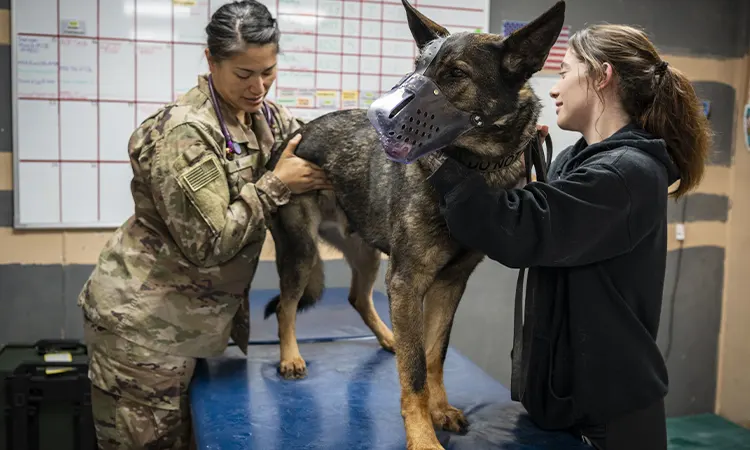
Mental and physical health challenges
Serving the military is more than just scars and physical issues. They can be completely healthy as a vet, with zero scars but suffering from mental challenges. Experiencing war and being in battlefields for a long time is not even close to easy. They had to deal with long-term mental issues as well as physical issues.
PTSD or Post–Traumatic Stress Disorder, anxiety and depression are so common in vets, as they see tough things that many people never see in their lifetime. Sometimes they never can talk about the things they saw, heard, and experienced. But there are special helps for them, VA or Department of Veterans Affairs that are always ready to help.
VA is always ready to help them with therapy, counseling and other health-care services. As more people recognize the importance of the sacrifice they do, more space would be provided for healing them and taking them back to society.
Finding a sense of purpose again
The most important thing that bothers vets is this question: “What’s next?”. Finding the answer to this question could be a game changer. After years of serving where you know exactly what to do to reach your goal, having nothing to do next, is confusing.
But the moment they found out what to do, their world started to change. Sometimes motivation is all they need to start a new life. Motivation helps them find friends with shared goals, as they experienced in their military world.
This is good news. Many vets start their own businesses and hire other vets to build that environment, again. Community work is another good option for vets, too. As they are ready to serve. This is how they find their new passions. Wanna know the key to finding it? Try different paths to find the one.
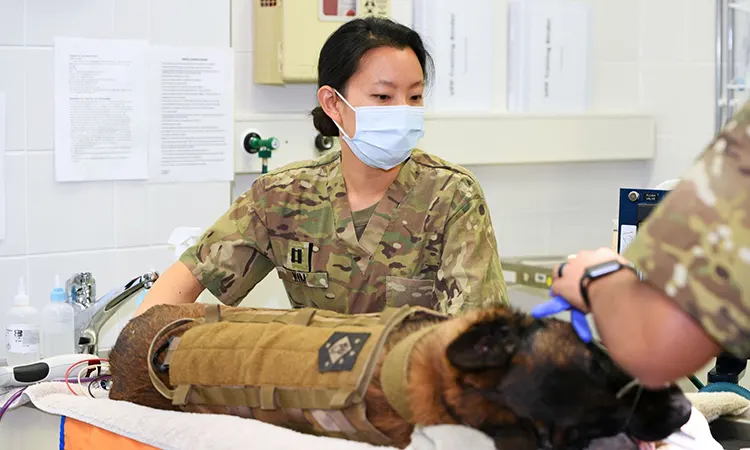
The positives: Strength, Reliance, and Brotherhood
And yes! Besides all those challenges, being a vet has many benefits, too. It can shape you, make you strong, reliable and trustable. You can overcome many challenges that most of the people can’t. They’ve been trained to adapt, problem-solve and push through difficulties.
And let me mention those friends. The groups and teams they make in military camps, won’t disappear after their service. Such friends are always ready to help, as they know how you feel about things based on your shared experiences. You have them like forever, but in a different way.
There are other benefits, too. Healthcare, education programs, home loans and job training are just some of them. They can use these services and build their new life. These programs are here to account for just a tiny part of their sacrifices.
Final thoughts
So, if you’re wondering, is it hard to be a military vet? The answer is an absolute yes! But don’t miss the opportunities. It’s a hard journey, but many people are ready to make life easier for them.
So, if you know one of them, don’t hesitate to help. If you’re one of them know that help is always out there. And a new adventure is ready for you. Stand up and get ready for new experiences and many good things.
FAQs
1. What is the biggest challenge military veterans face when returning home from service?
The toughest part is often embracing a new identity. After years of following routine and intentional training, civilian life can be confusing and disorganized — especially without routine or direction.
2. Are military vets qualified for support programs?
Yes. Groups like the VA (Veterans Affairs) provide therapy, medical attention, career guidance, and even housing assistance to help veterans readjust their civilian lives.
3. Do veterans have access to the military vehicle culture?
Yes. Various vets remain connected to their heritage through collecting, restoring, or even selling military vehicles. Platforms like Miltrade allow them to turn their passion into a purpose — whether it’s owning a WW2 jeep or reselling excess trucks.
4. How can a veteran find meaning after military life?
It starts small: experimenting with interests, joining communities, or launching a business. Many veterans find fulfillment in serving others — other vets especially — through service, entrepreneurship, or even the arts.
